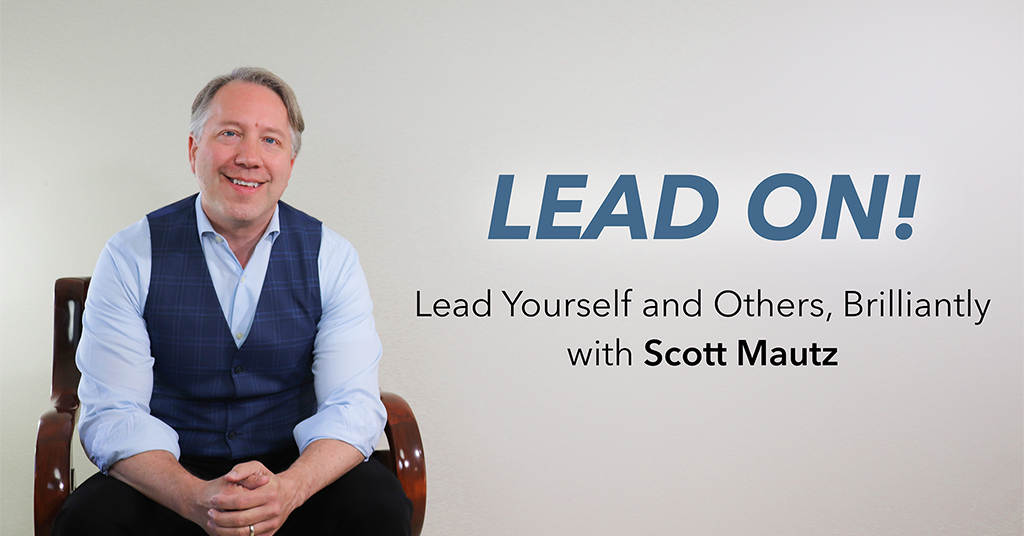
INSIGHTS (on leadership/self-leadership)
One of my swim lanes of expertise is how to flourish (versus flounder) in the face of change. I recently came across an articulation of how you can recast setbacks in the face of change and adversity that completely mirrors my own work. To help you better process and move forward in the face of setbacks, apply one of these four lenses:
- The learning lens (what you can learn from the setback).
2. The gratitude lens (focus on what you still have that you’re thankful for versus what you lost).
3. The timing lens (it’s not the right time now, but that doesn’t mean it won’t ever be). You may have also heard of this as the “not yet” vs “I failed” mindset (Carol Dweck).
4. The challenge lens (you become the hero only by facing obstacles).
Look at setbacks through these lenses and you can look forward to greater resilience.
IMPERFECTIONS (a mistake many make)
“Resentment is like drinking poison, then hoping it will kill your enemies.”
– Nelson Mandela
He was right. It’s a trap too many fall into. In fact, research shows that more than 75% of us have experienced envy in the last year. It is, of course, a natural human phenomenon – but that doesn’t make it helpful. When you resent others success, it doesn’t affect their life – it effects yours. It drains your positive energy and attracts negative energy. It forces you into a debilitating victim mentality, and, most importantly, distracts you from self-improvement.
Instead, focus on having an abundance mindset (that there’s plenty to go around), and resist the temptation to compare to others. Don’t forget that the essence of resentment is to knock someone else down in a subconscious effort to build yourself up. It’s an artificial form of betterment, and a zero-sum game.
IMPLEMENTATION (one research-backed strategy, tip, or tool)
I asked a jovial CEO of a Fortune 500 company once, “What’s your secret to success and happiness?” His answer surprised me, and I couldn’t write it down fast enough.
“Focus on what you’re learning, not yearning.”
Reams of research illuminate the importance of having a continuous improvement mindset, identifying what there is to be learned in negative situations, and of not focusing solely on what you wish were different or what you wish you had. Striving is good, until it’s not. While you’re striving to be, don’t lose sight of what you’re becoming along the way.




Leave a Reply